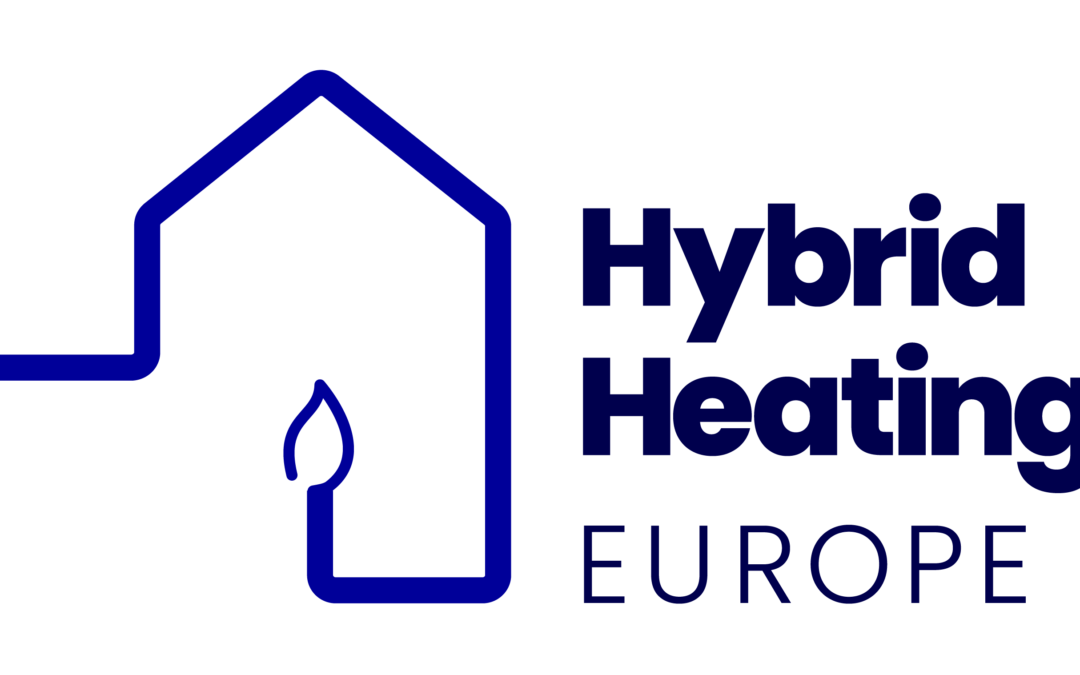Hybrid heating solutions can be accelerated to support the EU’s energy and climate agenda.
Twelve European energy companies and manufacturers of boilers and heat pumps started working together to demonstrate how hybrid heating solutions increase the affordability and speed of the energy transition for buildings as envisaged in the EU Renovation Wave. European buildings are the bloc’s biggest single energy consumer, responsible for 40% of primary energy consumption and 36% of CO2 emissions.1 These emissions in the building stock will need to decrease fast. This requires electrification and increased renewables uptake in heating of buildings – without creating undue strain on the electricity system.
Hybrid heating solutions are a cost-effective way to accelerate CO2 emission reductions and sector integration. Hybrid solutions can be deployed at a large share of the building stock that is not yet suitable for all-electric heating, supporting citizens to cope with the decarbonization challenge. In addition, smart switching between electricity and gas increases energy system resilience, introducing the flexibility to deal with intermittency of renewables.
Consortium members
The new coalition is called Hybrid Heating Europe and consists of BDR Thermea Group, Bosch Thermotechnik GmbH, Danish Gas Technology Centre, ENPULS, E.ON SE, EWE NETZ GmbH, GRDF, Groupe Atlantic, GRTgaz, N.V. Nederlandse Gasunie, Stedin Netbeheer B.V. and Viessmann Climate Solutions SE.
Reaching out to stakeholders
The coalition plans to reach out to key stakeholders in the EU to see how smart deployment of hybrid heating solutions can be accelerated to support the EU’s energy and climate agenda. The coalition will prepare and launch a first vision paper on the role of hybrid heating for a fast, secure and affordable transition to a decarbonized European Energy system with the support of consulting company Guidehouse.

